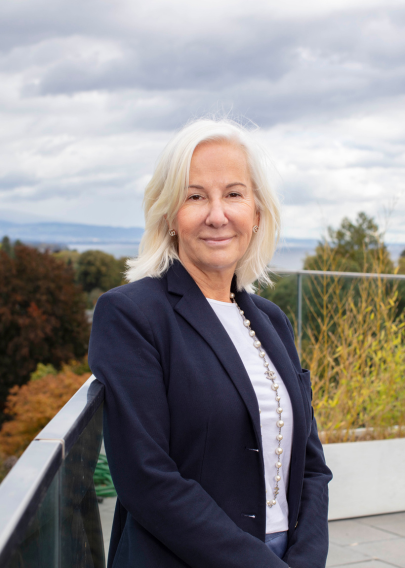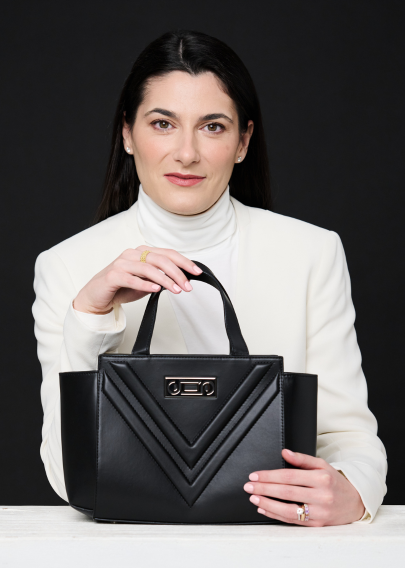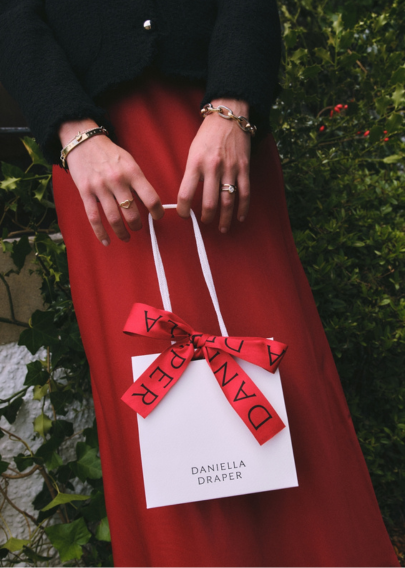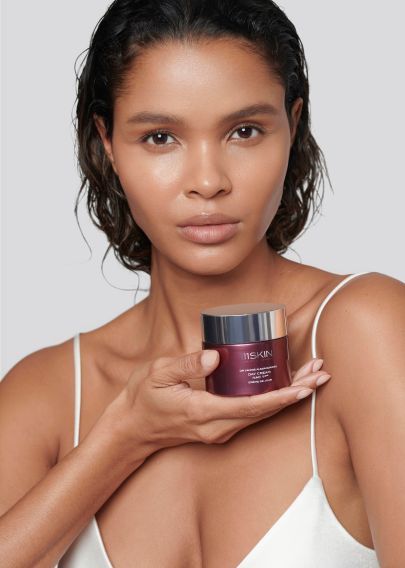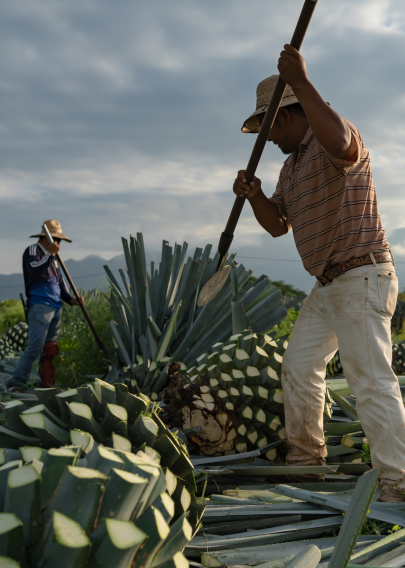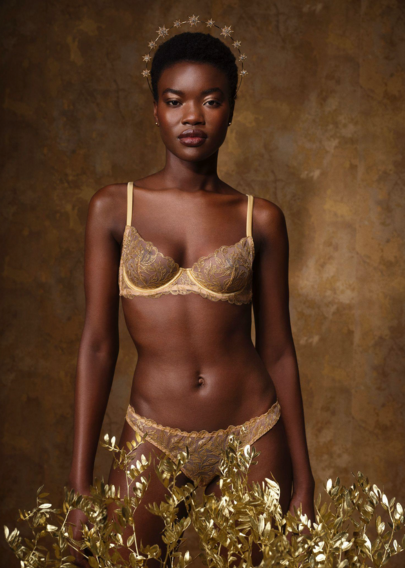Last night, we hosted our first ever Positive Week event in New York at the Peninsula Hotel. Hosted by our co-founder and CEO, Diana Verde Nieto, it was an intimate dinner with an informative panel including four speakers: Alexandra Mor, founder and artistic director of her namesake jewellery company; Stephen Webster, founder and CEO of his namesake jewellery company; Ulrik Garde Due, CEO of Mark Cross; and Emily Mathison, the creative director at McQueens Flowers.
The focus of the evening was how sustainability is at the core of each of their business strategies, and Diana kicked it off by quoting Norway’s first female prime minister, Gro Harlem Bruntland.
“Sustainable development is development that meets the needs of the present without compromising the ability of future generations to meet their own needs.” Then, she posed several questions to each business leader.
On what sustainability means to them
“With our strategic road map, we are trying to evolve the culture of the company to make sure that everything we do is thought about in a sustainable way. It’s a question of changing the team’s mindset and Positive Luxury has been hugely helpful,” said Ulrik, of Mark Cross.
“We believe in seasonal flowers. In the way strawberries taste best in June, dahlias look best in September, October, November. All of the flowers on the table here are from New Jersey, within 50 miles of the flower market district. Seasonality is something we’re based around in the UK, and I think everyone is catching on to this and enjoying it. And after this event, the flowers will be picked up by a charity who will bring them to hospices and homeless shelters. Waste is the thing that really upset me about the industry, and I’m pleased that McQueens is trying to eliminate that,” said Emily.
“I am committed to promoting the conversation, especially in the fine jewellery industry. There has been much more involvement, to really be able to connect all these companies together, it takes a village to make a change. I can decide to make sustainable jewellery, but there needs to be a community I can share it with and learn from,” said Alexandra.
“It’s such a brilliant feeling when you’ve gone through all the processes that Positive Luxury makes you go through. My whole team, who are a lot younger than me, now take this really seriously. And finally, my clients do care,” said Stephen.
On supporting talent and craftsmanship
“We have the flower school, which has been running since ’97, and it is a brilliant resource. We run a scholarship program where eight people a year can come to the school for free, they just have to live in Tower Hamlets. Also, because floristry is a young person’s game, we retrain florists to become floristry teachers, which is a great way to keep that talent up,” said Emily.
“It’s about skills, keeping the skills alive. There’s nothing better than realising at 16 that you’re really good at making something. This is something I think we’re going to see a lot more of. Someone who has skills in the jewellery industry, they are really valuable,” said Stephen.
“If sustainability is part of your value statement, and it’s part of the interview process, you very quickly get a feel where people believe this is important. But it needs to come in an organic and authentic way,” said Ulrik.
“Sustainability isn’t necessarily saving someone or preserving something, it’s seeing where they are and listening and being able to understand what needs to happen without taking over. That’s the most humbling experience I’ve had with craft and with preservation of knowledge,” said Alexandra.
On integrating sustainability into their businesses
“Jewellery is the perfect thing to repurpose and recycle. Every woman in this room has a jewellery box that has things in it that they don’t wear, one thing is missing, or it’s broken, or their mother left them something. Through our Reset program, we’re really encouraging people to come in and bring what they own and have a really great free consultation about what that could be, what we could make with it. It’s like the ultimate recycling, and with jewellery, it’s got such emotional baggage that goes with it. We’ll keep the baggage but change the shape of he baggage,” said Stephen.
“We’re launching the first vintage website for Mark Cross. So our consumer can come and sell their vintage Mark Cross products with us, and to my surprise, no other luxury brand is dong this. To create our own archive that we are going to sell, fix them, the stories we get, we are discovering our history. The demand for vintage products is growing, and there is a reason for that. We are going to take charge of that ourselves instead of letting a third party do it for us,” said Ulrik.
“Especially with events, things can be so last minute, and deadlines are tight. But sometimes, the quickest thing to do isn’t the most sustainable, sometimes it’s the opposite. We put systems in place ahead of time and our leadership encourages sustainable thought and creative thinking really help you make the right decisions so everybody is satisfied with the outcome,” said Emily.
“When I first started my business, I wanted to do something that was meaningful, but I never thought about sustainability. I’ve turned a corner where sustainability is more of an intention, when I have a conversation with a client, or when I meet with press, or when I’m creating a capsule collection,” said Alexandra.
Special thanks to our panelists for their insights on such an important subject.
< Back

